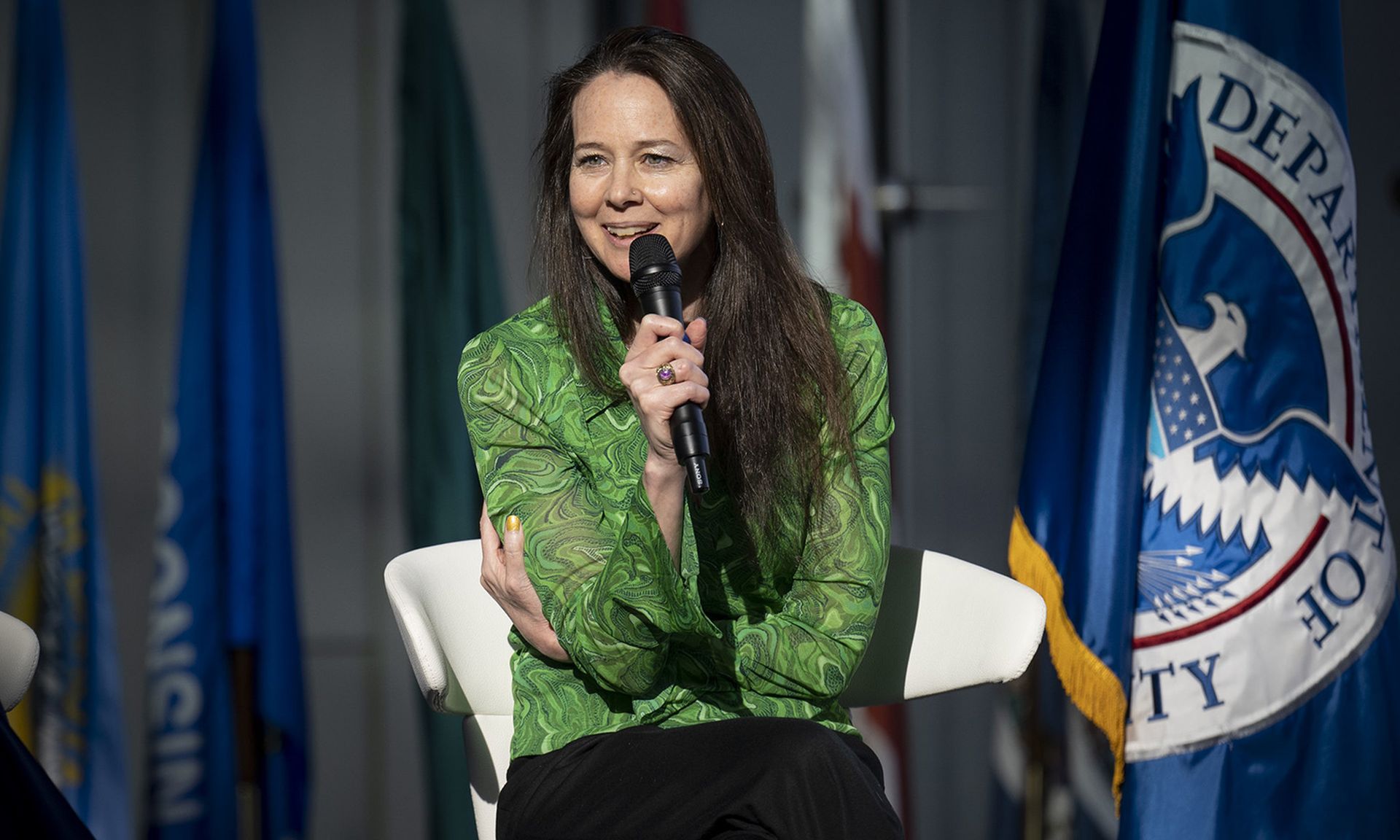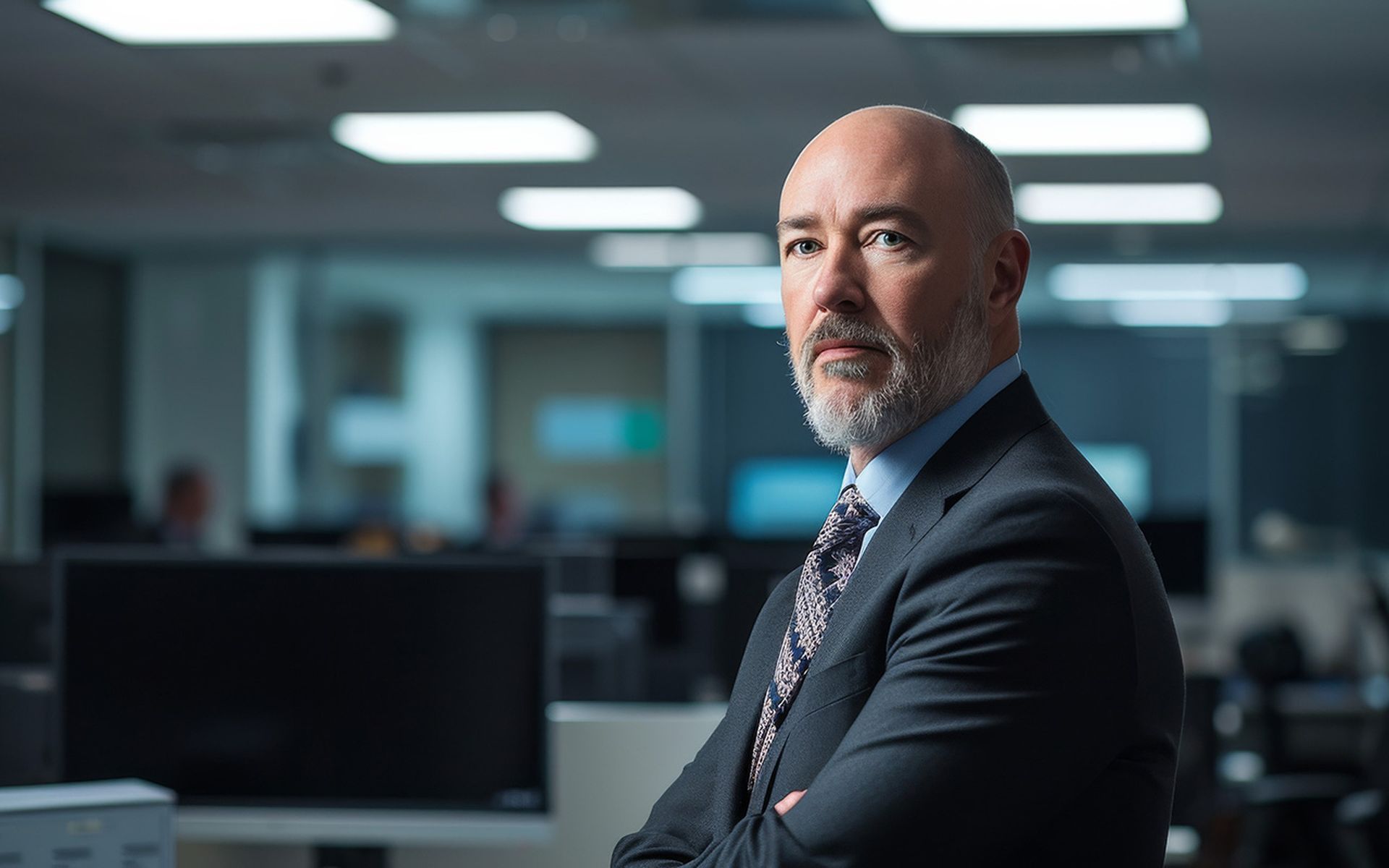
To Rachel Harpley, “antiquated processes in human resources and talent acquisition" have contributed to the challenges in cybersecurity. As senior IT and infosec recruiter for the University of Southern California, looks to address those gaps and support those looking to break into the field.
Harpley is also the founder of the nonprofit Cybersecurity Council of America. As its co-chair, she works with other board members to empower the community by forging the cybersecurity workforce with a diverse population. CCoA shares education, training and other opportunities to meet these goals and works with employers to build employment road maps.
She also founded Recruit Bit Security, where Harpley currently serves as its talent advisor of infosec, IT security, and cybersecurity. The recruiting company works to connect talent with the right opportunities.
It’s her hope that through her work and others in the field, this business function “evolve as a better partner in solving the skills gap in cybersecurity,” she said.
“While I cannot fix the entire industry and often feel like an umbrella in a hurricane, it is interactions with driven and curious job seekers that remind me of how meaningful it can be to share shelter in a storm,” Harpley continued.
After attending her first women in cybersecurity event where the keynote panel was tenured, successful women in a range of cybersecurity roles, Harpley was struck by how each woman “blazed an entirely unique path in this dynamic industry, all while coming from different backgrounds.”
However, at a number of other cybersecurity events, she realized the tenured women were attending different events than the junior professionals. Since that time, Harpley has worked to create spaces for tenured and junior professionals to come together to share career stories, wisdom, and technical knowledge.
Click here for full coverage of the 2022 Women in IT Security.
“Cybersecurity isn’t a traditional or straightforward career, and as such, it’s overwhelming to the novice,” said Harpley. “It’s hard to envision a career, let alone a next right step, without someone else first giving you a basic map and encouragement.
As such, every leader with more than three years of experience should allocate a portion of their professional time to mentoring junior and entry level professionals, said Harpley. Executive leaders should also seek to create paid time for mentorship. Companies “won’t create more professionals to staff our teams without investing our time in this pursuit.”
Harpley puts her words in action: evidenced by her yearly coordination of the CareerVillage at CactusCon each year, where she spends time directly mentoring women on their resume skills and finding opportunities best suited for their abilities.
“I wouldn’t be where I am without the many mentors who have informed and encouraged me, so it's important to me to return that good grace,” she added. “A small moment for an experienced professional makes a big impact inspiring the career of a new professional.”



